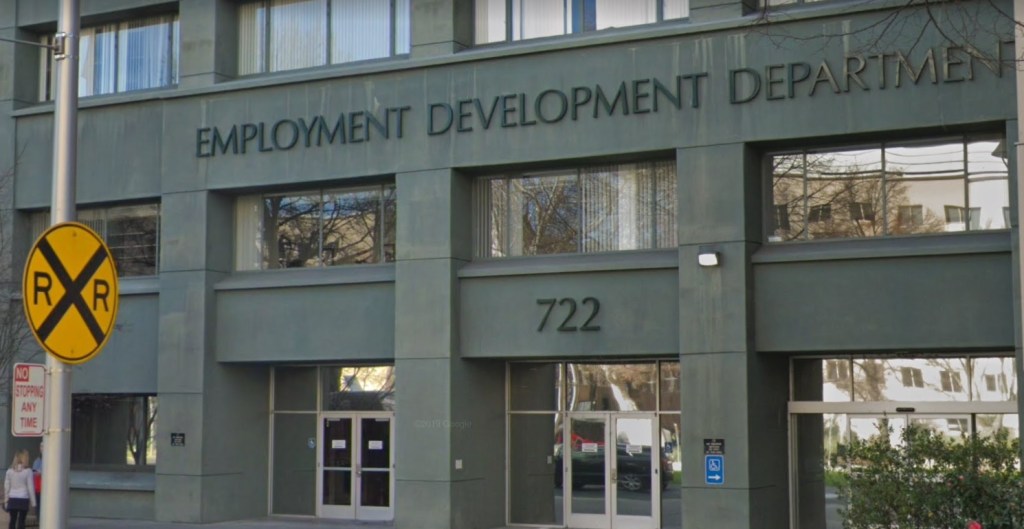
Five years after it struck, COVID-19 continues to harm not just the health of millions of people, but the budget of the state of California. Last December, Legislative Analyst Gabriel Patek found the state still owed $20 billion in repayments to the federal government for outstanding loans for the Unemployment Insurance system.
This month the California State Auditor released an audit contracted with Macias Gini & O’Connell, an accounting firm, to check the state’s internal controls and compliance with federal laws for fiscal year 2022-23, which ended on June 30, 2023. In the summary of Deputy State Auditor Linus Li, the MGO audit found the state “did not materially comply with certain requirements” for seven of 22 audited programs. Such deficiencies could jeopardize the state’s ability to administer the programs — that is, to get the federal money.
The report notes “noncompliance was pervasive” for the unemployment insurance program managed by the Employment Development Department, which was plagued with problems from the day the pandemic hit, as millions of suddenly unemployed Californians applied for the relief they were owed. The MGO audit found the EDD “was unable to timely report” to the state Department of Finance “accurate and reliable” data on the UI program.
In particular, when the audit looked at Pandemic Unemployment Assistance, out of 138 benefit payments tested, “there were 91 claimants with verification issues” – that is, 66% had problems.
“It’s almost criminal,” John Moorlach told us. He was a state senator when the pandemic struck in 2020 and currently is the director of the Center for Public Accountability at the California Policy Center. “How can you spend the money and not know where it’s going?” Unfortunately, he lamented, “After the state auditor issues a report like this, nothing happens. It sits on a shelf.”
The MGO firm said its findings were a “qualified opinion.” A CPA, Moorlach said, “What you want from CPAs is an unqualified opinion. A qualified report means, in preparing it, they were uncomfortable. They couldn’t find sufficient evidence for their conclusions. You just don’t want to see that.”
Moorlach authored two bills to deal with such problems. One would have established a state chief financial officer, similar to those in business, whose job specifically would be to find and fix such fiscal problems. The second bill would have made paying off federal debt the state’s top fiscal priority. A Republican, his bills were shelved by the Senate’s Democratic supermajority.
The report also flagged issues with other programs, including the highway planning and construction managed by the state’s Department of Transportation, as well as the Children’s Health Insurance Program administered by the Department of Health Care Services.
“This is a really important report,” he said. “Gov. Gavin Newsom has taken us down several notches in the fiscal rankings of the states. The evidence shows he has left California in much worse fiscal condition than what he found it.”
Newsom leaves office in just over 20 months for an anticipated run for the presidency. Newsom has tried to posture as a good government reformer, but with a track record like this, can anyone say he’s for real?
Originally Published:



